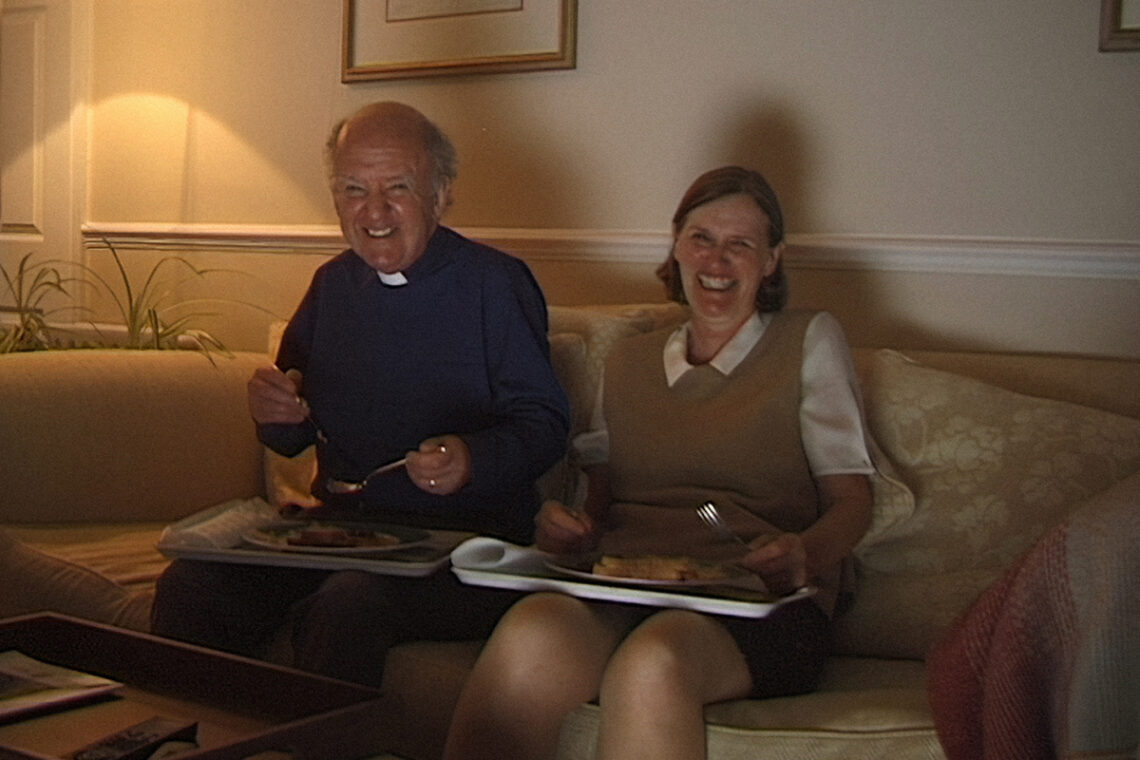Exploring the dark corners of human nature: A deep dive into ‘Foul Evil Deeds’
A fresh take on British cinema
Richard Hunter’s debut feature, Foul Evil Deeds, stands out in the landscape of British cinema. Unlike the traditional social realism of Ken Loach or Mike Leigh, Hunter draws inspiration from European art house auteurs. The film weaves together stories of everyday malevolence, ranging from the trivial to the horrific. Hunter cites influences like Ulrich Seidel, Michael Haneke, and Roy Andersson, with a nod to early Ruben Östlund. This blend of European sensibilities with an inherently British perspective creates a unique cinematic experience.
From advertising to filmmaking
Hunter’s journey to filmmaking began in the world of advertising. With a background in documentary filmmaking from university, he transitioned to music videos and commercials. This path mirrors the careers of directors like Michel Gondry, Chris Cunningham, and Spike Jonze, who also moved from commercials to feature films. Hunter found his niche in this world, which eventually led him to create Foul Evil Deeds.
Real-life inspirations
The stories in Foul Evil Deeds are rooted in reality. Each vignette is based on real events, adapted to fit the film’s narrative. This approach allowed Hunter to create a loose, fragmented structure reminiscent of ensemble films like Short Cuts or the works of Roy Andersson and Michael Haneke. The film explores a range of human behaviors, from the mundane to the extreme, highlighting the lightness and darkness within everyday actions.
A unique visual style
Filming Foul Evil Deeds took a year, with each vignette shot separately. The film was shot on mini-DV using a 1993 video camera, then upscaled to DCP. This choice gives the film a subconscious home-video aesthetic, enhancing its voyeuristic feel. Hunter wanted to combine the handheld, shaky aesthetic with a locked-down, inevitable perspective. This approach creates a distancing effect, presenting events objectively, whether mundane or horrific.
The role of the cast and crew
Hunter credits his casting director, Ilenka Jelowicki, and editor, Matthew J Brady, as the tentpoles of the production. Their contributions were crucial in bringing the film to life. Foul Evil Deeds is a Wayes Production, produced by Federica Schiavello. This is Schiavello’s first feature, and the film is currently seeking a sales agent.
Looking ahead
Hunter sees his next project as a continuation of Foul Evil Deeds. He has several scripts ready, but his immediate focus is on expanding the themes and ideas explored in his debut feature.
For those interested in exploring the film further, you can watch the trailer for Foul Evil Deeds here.
Personal reflections
As a cinema enthusiast, Foul Evil Deeds offers a refreshing departure from conventional British cinema. Its European influences and unique visual style make it a compelling watch. The film’s exploration of everyday malevolence, presented with a detached, objective lens, invites viewers to reflect on the darker aspects of human nature. Hunter’s background in advertising and music videos is evident in the film’s aesthetic and narrative structure, making it a standout debut feature.
For fans of TV series and films that delve into the complexities of human behavior, Foul Evil Deeds is a must-watch. Its fragmented, anthology-like structure allows for a diverse range of stories, each shedding light on different facets of human wickedness. The film’s ability to balance lightness and darkness, playfulness and evil, makes it a thought-provoking and engaging experience.
Foul Evil Deeds is a testament to Richard Hunter’s unique vision and storytelling prowess. It’s a film that challenges viewers to confront the everyday evils that exist within us all, presented through a lens that is both familiar and unsettling. For those looking to explore the darker corners of human nature, this film is an essential addition to your watchlist.

 Italian
Italian







